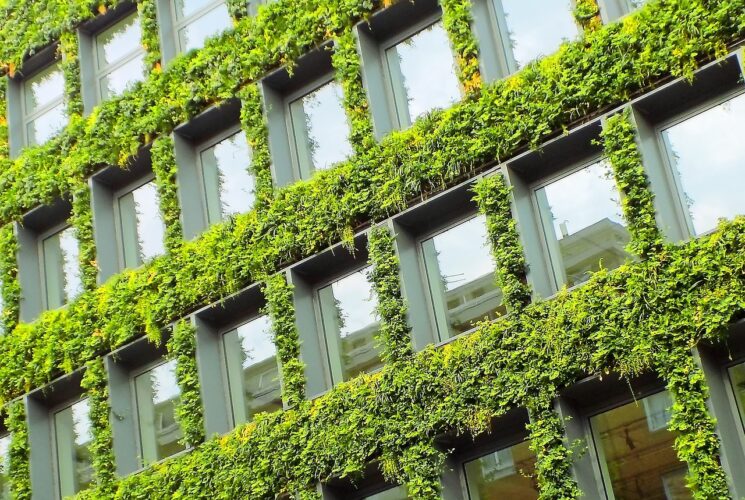The Impact of Not Having an Energy Efficiency Strategy for Your Building
In today’s world, environmental awareness and energy efficiency are key concerns. Numerous organisations are seeking solutions to improve energy efficiency in commercial and industrial buildings.
Buildings have a significant impact on the environment, both during their construction and during their use. They consume significant amounts of energy, use natural resources, and contribute to greenhouse gas emissions.
However, efforts are being made to reduce this impact through sustainable construction practices and environmental regulations. In Québec, several initiatives and regulations aim to improve energy efficiency and reduce the environmental footprint of buildings. For example, the Québec Construction Code includes energy efficiency requirements for new buildings and major renovations. These requirements cover insulation, heating, ventilation and lighting, among other things.
In addition, environmental certifications such as LEED (Leadership in Energy and Environmental Design) are increasingly being used in Québec to promote the construction and operation of sustainable buildings. LEED evaluates several aspects, such as energy efficiency, the use of sustainable materials, water management and indoor environmental quality.
The Québec government also encourages the use of renewable energy sources in buildings. For example, the RénoClimat program offers financial incentives for the installation of heating systems that use renewable energy sources such as heat pumps. It is important to note that the environmental impact of buildings can vary depending on several factors, including the size of the building, its specific use, the construction materials used, and management practices. Specific statistics on the environmental impact of buildings in Québec are best provided by organizations specializing in the collection and analysis of such data, such as government agencies, research organizations, or statistical institutes.
According to a study by the International Energy Agency, 36% of total energy consumption worldwide is used to power buildings. This massive consumption has a negative impact on the environment, as 60% of global greenhouse gas emissions are the result of this consumption.
According to Natural Resources Canada, commercial buildings account for 14% of energy consumption and the industrial sector for 47% (1).
The impact of energy inefficiency should not be taken lightly. According to estimates, commercial and industrial buildings waste up to 30% of the energy they consume. This waste has several repercussions, not only financial but environmental as well. There are other factors that have an impact on the planet, such as poorly insulated buildings, inadequate HVAC ventilation and air conditioning systems, and energy-intensive appliances.
According to the International Energy Agency, it would be possible to reduce energy consumption in the industrial sector by between 18% and 26% using currently available technologies (2).
Such energy-saving potential can be a significant strategic and competitive advantage.
The consequences of not having an energy efficiency strategy are manifold.
- An increase in energy consumption, and therefore greenhouse gas emissions. This overconsumption has an impact on the environment and also on energy bills. The energy produced is wasted, benefiting neither the building nor the environment.
- Energy inefficiency contributes to the waste of resources. More fossil fuels and energy must be consumed to achieve the desired result.
- Overconsumption of energy leads to higher operating costs, which contributes to the erosion of profit margins year after year. This puts any company at risk in relation to its competitors.
It is possible to improve your energy balance. There are alternatives available to make commercial and industrial buildings more efficient and less polluting. Firstly, it is essential to carry out an energy audit (French only) to identify areas where energy savings can be made. Next, it is recommended that an energy efficiency policy be put in place to raise awareness among employees and inform customers about the company’s environmental approach. This policy will serve as a guide for decision-making and for evaluating future projects.
BAULNE is a leader in the energy efficiency industry. For several years, we have been actively involved in preserving the environment and minimizing energy consumption while offering our customers environmentally friendly and cost-effective alternatives to optimize their consumption. Thanks to our expertise in implementing high-performance and innovative solutions (French only), we enable our customers to significantly reduce their energy consumption and contribute to environmental preservation.
We can assist you with your grant applications for commercial and industrial buildings.
The energy transition is a major challenge for our society. Owners of commercial and industrial buildings have an important role to play in this transition. It is essential and vital to understand the impact of energy inefficiency on the environment and to take measures to remedy it.
Solutions (French only) exist!




